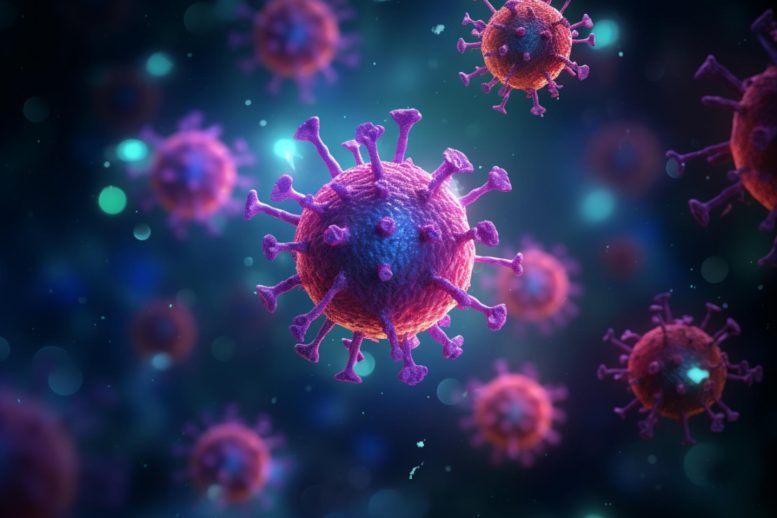
Researchers found that differences in immune responses to SARS-CoV-2 across populations from Central Africa, Western Europe, and East Asia are influenced by latent cytomegalovirus infection and human genetic factors shaped by natural selection. These findings could help improve patient management in future epidemics.
Throughout the COVID-19 pandemic, the range of clinical outcomes for individuals infected with SARS-CoV-2 varied widely, from showing no symptoms to succumbing to the disease. A research team from the Institut Pasteur, the CNRS, and the Collège de France collaborated with international scientists to study the variations in immune responses to SARS-CoV-2 among populations in Central Africa, Western Europe, and East Asia.
Their findings indicate that both latent infections of cytomegalovirus and specific human genetic factors, shaped by natural selection, play roles in the differing immune responses and COVID-19 severity levels across populations. Gaining insights into the factors causing these variations could enhance patient care in future outbreaks. The study was recently published in the journal Nature.
The Institut Pasteur’s Human Evolutionary Genetics Unit, led by Lluis Quintana-Murci, investigates how human populations differ in their immune responses to infection. These differences may result from different environmental exposures or from past population history, including natural selection, shaping the patterns of genetic diversity of human groups. In this study, published in Nature, the scientists investigated the extent and causes of disparities in the responses to the SARS-CoV-2 virus, focusing on populations from different geographic and ethnic backgrounds.
During the COVID-19 pandemic, the SARS-CoV-2 virus caused a wide range of clinical manifestations, from asymptomatic infection to fatal disease. Although advanced age remains a primary risk factor, male gender, comorbidities, and various human genetic and immunological factors also contribute to disease severity. To study variations in immune responses to SARS-CoV-2 across human populations, scientists exposed immune blood cells from 222 healthy donors from Central Africa, Western Europe, and East Asia to the virus.
Single-cell RNA sequencing was used to analyze the SARS-CoV-2 responses of 22 blood cell types. These data were then combined with serological and genetic information collected from the same individuals, making it possible to assess the degree of disparity between populations in terms of their immune responses to SARS-CoV-2 and to identify contributing factors.
Scientists have identified around 900 genes that respond differently to SARS-CoV-2 between populations. Using statistical genetic analyses, they show that these disparities are mainly due to variations in blood cellular composition: the proportion of each cell type differs from one population to another.
We know that blood cell composition can be influenced by environmental factors such as exposure to cytomegalovirus (a human infection of the herpes family, which is usually harmless), and cytomegalovirus prevalence varies widely among populations: Central Africans present 99% seropositivity, in contrast to only 50% in East Asians and 32% in Europeans. The team found that an individual’s environment, specifically latent cytomegalovirus infection, will thus influence the immune cell response to SARS-CoV-2.
Furthermore, the scientists have identified around 1,200 human genes whose expression in response to SARS-CoV-2 is under the control of human genetic factors and the frequency of the alleles that regulate these genes can vary between the populations studied. Using population genetics approaches, they have identified recurrent selection events targeting genes involved in anti-viral functions.
“We know that infectious agents have had a strong impact on human survival and exerted massive selective pressures that have shaped population genetic variation. We show that past natural selection has impacted present immune responses to SARS-CoV-2, particularly in people of East Asian ancestry, in whom coronaviruses generated strong selective pressures around 25,000 years ago,” explains Maxime Rotival, a researcher in the Institut Pasteur’s Human Evolutionary Genetics Unit and co-last author of the study.
Between 1.5% and 2% of the genomes of Europeans and Asians is of Neanderthal origin. There is growing evidence of links between Neanderthal ancestry and present-day immunity to infection. By comparing the 1,200 genes identified with the Neanderthal genome, the scientists have discovered dozens of genes that both alter antiviral mechanisms and result from ancient introgression between Neanderthals and modern humans (Homo sapiens).
“Previous studies have shown the link between some of the genes identified in our study and the severity of COVID-19. Our comprehensive population-based study highlights the direct impact of genetic variants governing immune responses to SARS-CoV-2 on the severity of COVID-19. It also establishes links between past evolutionary events, such as natural selection or Neanderthal admixture, and current population disparities in immune responses and disease risk,” explains Lluis Quintana-Murci, Head of the Human Evolutionary Genetics Unit at the Institut Pasteur, Professor at the Collège de France and co-last author of the study.
“By identifying the precise cellular and molecular pathways of the genetic variants associated with COVID-19 severity, this study paves the way for precision medicine strategies that could either identify high-risk individuals or facilitate the development of new treatments,” adds Darragh Duffy, Head of the Institut Pasteur’s Translational Immunology Unit.
Reference: “Dissecting human population variation in single-cell responses to SARS-CoV-2” by Yann Aquino, Aurélie Bisiaux, Zhi Li, Mary O’Neill, Javier Mendoza-Revilla, Sarah Hélène Merkling, Gaspard Kerner, Milena Hasan, Valentina Libri, Vincent Bondet, Nikaïa Smith, Camille de Cevins, Mickaël Ménager, Francesca Luca, Roger Pique-Regi, Giovanna Barba-Spaeth, Stefano Pietropaoli, Olivier Schwartz, Geert Leroux-Roels, Cheuk-Kwong Lee, Kathy Leung, Joseph T. Wu, Malik Peiris, Roberto Bruzzone, Laurent Abel, Jean-Laurent Casanova, Sophie A. Valkenburg, Darragh Duffy, Etienne Patin, Maxime Rotival and Lluis Quintana-Murci, 9 August 2023, Nature.
DOI: 10.1038/s41586-023-06422-9

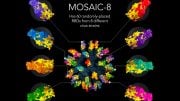
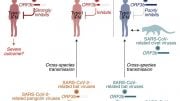
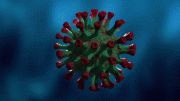
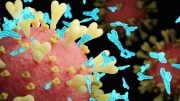
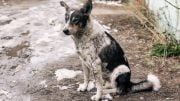
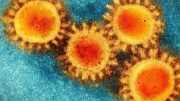
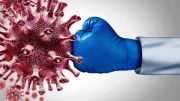
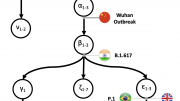
Be the first to comment on "Unlocking the Secrets of COVID-19: Why Some Populations Are Hit Harder Than Others"